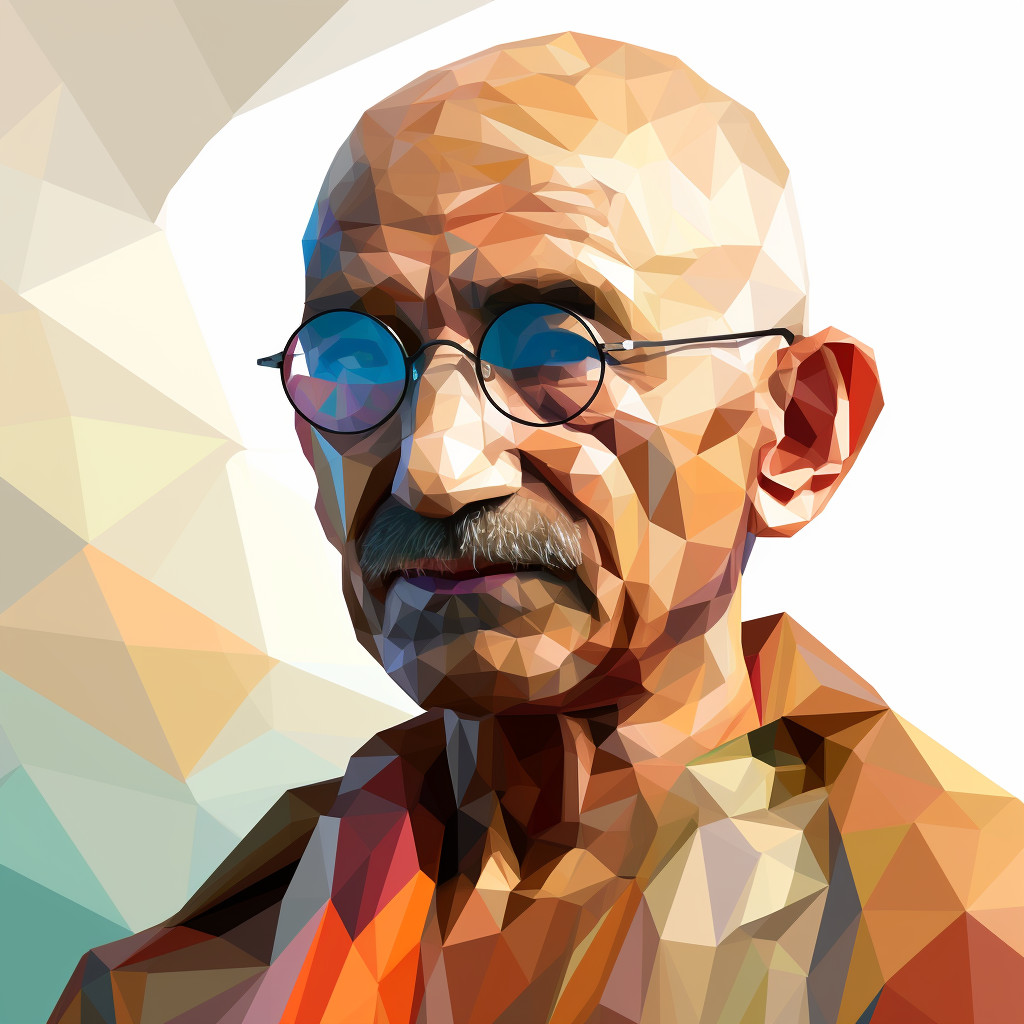This quote is a reflection on the nature of strength, justice, and non-violence. It suggests that a weak man may act justly, but this is only by accident; he is not strong enough to choose to act unjustly. On the other hand, a strong but non-violent man may act unjustly, but this too is an accident; he has the power to act unjustly, but chooses not to out of his commitment to non-violence.
The quote emphasizes that true strength lies not in the ability to overpower or dominate others, but in the capacity to choose non-violence and justice, even when one has the power to act otherwise. It is a call to cultivate inner strength and moral integrity, and to use one’s power and influence for the promotion of justice and peace.
In today’s world, this quote is highly relevant. We live in a time where power is often equated with force, aggression, and dominance, and where justice is often seen as a matter of ‘winning’ or ‘losing’. But this quote reminds us that true strength and justice are not about overpowering others, but about making choices that promote peace, harmony, and fairness, even when we have the power to do otherwise.
In terms of personal development, this quote encourages us to cultivate our inner strength and moral integrity. It challenges us to think about how we use our power and influence, and whether we are using them to promote justice and peace or to serve our own interests. It also calls us to be mindful of our actions and choices, and to strive to act justly, even when it is difficult or inconvenient to do so.
In essence, the quote is a call to rise above our baser instincts and to strive to be better, stronger, and more just individuals – not by accident, but by conscious choice.




